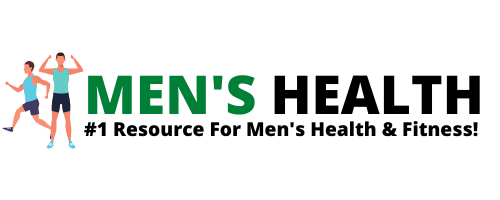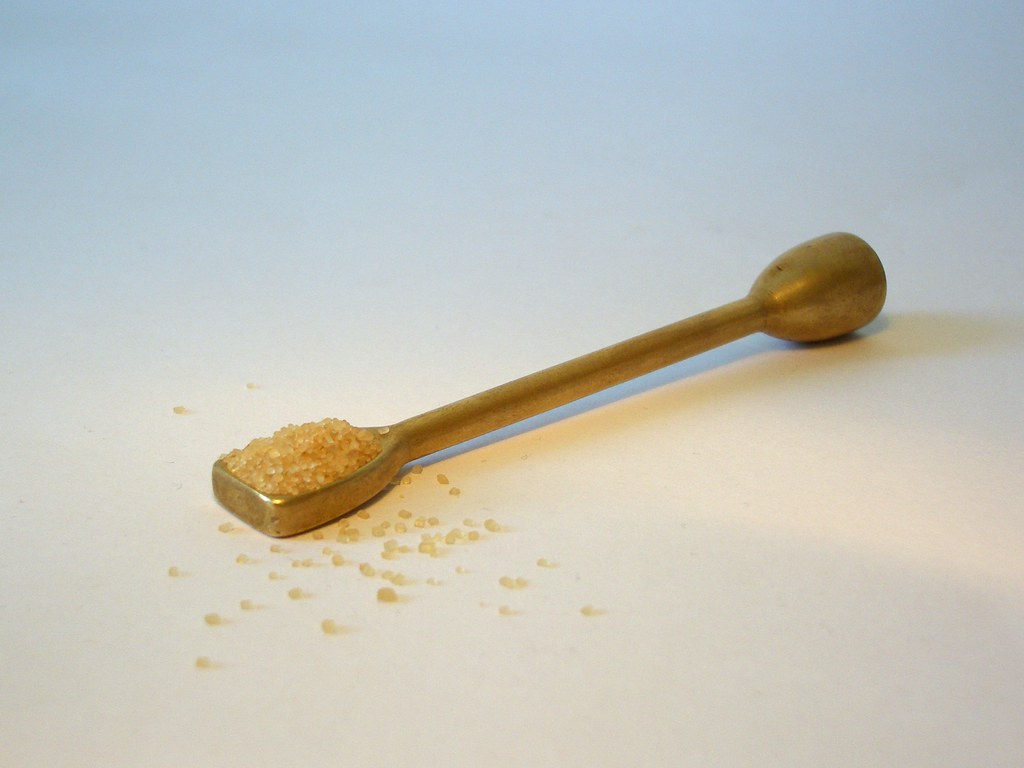Before you go - must read: "How to Tell Your Chest Pain Isn't a Heart Attack" Every 40 seconds, a person suffers a heart attack in the U.S, according to the CDC. It's not surprising, therefore, that any chest pain might send us into a state of panic. However, for the most part, chest pains have nothing to do with a cardiovascular issue. This doesn't mean you should write off chest pain as insignificant. Instead, it's important to learn how to tell a chest pain isn't of cardiac origin. Keep reading to find out. Pain Reduces After Exercise Physically demanding activities can often trigger a heart attack. So, if your pain subsides once you start working out, it's probably unrelated to your cardiovascular health. Typically, gastrointestinal problems like acid reflux are the culprit from this type of pain. Pain Is Sharp and Localized Most heart attacks involve pressure or pain in the center of the chest. However, if the pain you're feeling is piercing and intensely focused to a single location, it most likely isn't caused by heart attack. Furthermore, if it worsens when breathing deeply or coughing, it's probably lung-related. Pain Fades Quickly A chest pain caused by a heart attack usually lasts for several minutes. If your chest pain lingers only briefly, it's less likely to be caused by a serious condition. A common cause of this sharp and quick pain is an injury of the chest wall, such as a pulled muscle or a bruised rib. Pain Lasts for Hours
Although a chest pain that persists for several hours might be a reason for concern, it's less likely to be associated with a heart problem. However, if the pain is accompanied by other signs of heart attack, you should seek immediate medical assistance. If in Doubt, Call 911 Although a small percentage of chest pain incidents are later diagnosed as a heart attack, you shouldn't dismiss this sensation. If you feel you might be in danger, call 911 immediately. After all, it's better to be safe than sorry. | 



No comments:
Post a Comment